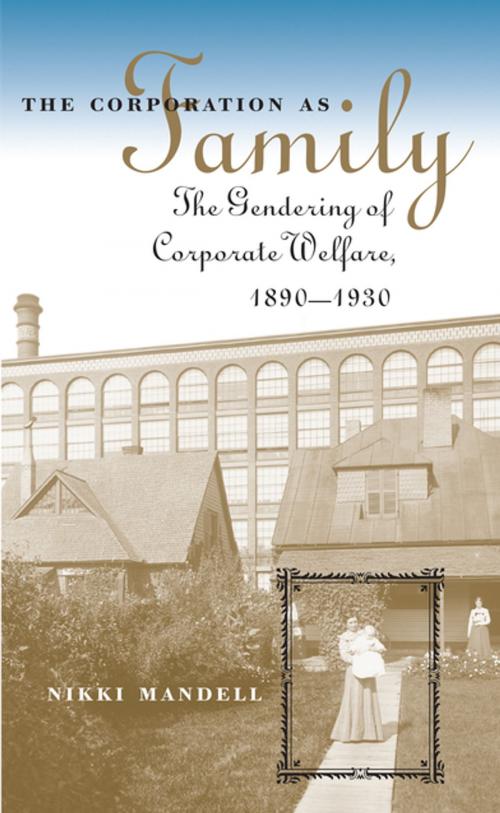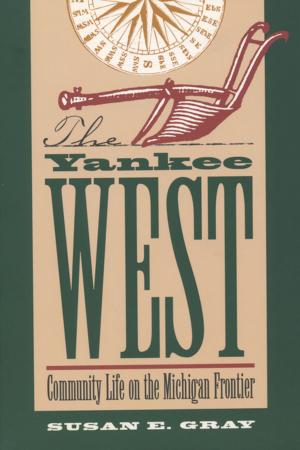The Corporation as Family
The Gendering of Corporate Welfare, 1890-1930
Business & Finance, Career Planning & Job Hunting, Labor, Nonfiction, History, Americas, United States, 20th Century, Management & Leadership, Management| Author: | Nikki Mandell | ISBN: | 9780807860397 |
| Publisher: | The University of North Carolina Press | Publication: | April 3, 2003 |
| Imprint: | The University of North Carolina Press | Language: | English |
| Author: | Nikki Mandell |
| ISBN: | 9780807860397 |
| Publisher: | The University of North Carolina Press |
| Publication: | April 3, 2003 |
| Imprint: | The University of North Carolina Press |
| Language: | English |
The beginning of the twentieth century witnessed a remarkable growth of corporate welfare programs in American industry. By the mid-1920s, 80 percent of the nation's largest companies--firms including DuPont, International Harvester, and Metropolitan Life Insurance--engaged in some form of welfare work. Programs were implemented to achieve goals that ranged from improving basic workplace conditions, to providing educational, recreational, and social opportunities for workers and their families, to establishing savings and insurance plans.
Employing the critical lens of gender analysis, Nikki Mandell offers an innovative perspective on the development of corporate welfare. She argues that its advocates sought to build a new relationship between labor and management by recasting the modern corporation as a Victorian family. Employers assumed the authoritative position of fathers, assigned their employees the subordinate role of children, and hired male and female welfare managers to act as "corporate mothers" charged with creating a harmonious household. But internal conflict and external pressures weakened the corporate welfare system, and it eventually gave way to a system of personnel management and employee representation. With the abandonment of the familial model, the form of corporate welfare changed; but, as Mandell demonstrates, its content left an enduring legacy for modern industrial relations.
The beginning of the twentieth century witnessed a remarkable growth of corporate welfare programs in American industry. By the mid-1920s, 80 percent of the nation's largest companies--firms including DuPont, International Harvester, and Metropolitan Life Insurance--engaged in some form of welfare work. Programs were implemented to achieve goals that ranged from improving basic workplace conditions, to providing educational, recreational, and social opportunities for workers and their families, to establishing savings and insurance plans.
Employing the critical lens of gender analysis, Nikki Mandell offers an innovative perspective on the development of corporate welfare. She argues that its advocates sought to build a new relationship between labor and management by recasting the modern corporation as a Victorian family. Employers assumed the authoritative position of fathers, assigned their employees the subordinate role of children, and hired male and female welfare managers to act as "corporate mothers" charged with creating a harmonious household. But internal conflict and external pressures weakened the corporate welfare system, and it eventually gave way to a system of personnel management and employee representation. With the abandonment of the familial model, the form of corporate welfare changed; but, as Mandell demonstrates, its content left an enduring legacy for modern industrial relations.















